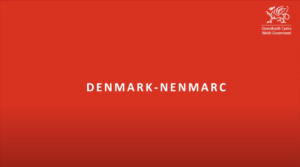The government has confirmed plans to implement import controls on goods entering the UK from the European Union once the transition period comes to an end on 31st December.
After departing the EU’s customs union and single market, all UK exports and imports will be treated equally according to the Chancellor of the Duchy of Lancaster, Michael Gove, meaning that both EU and UK firms will need to submit customs declarations and be liable for goods checks.
The government has given four key reasons as to why new customs checks will be required following the transition period, including security, treating all partners equally as new trade arrangements are agreed with other countries, collecting the correct customs, VAT and excise duties, and also simply matching what the EU says it will implement on UK goods entering the Eurozone.
Read more: Two new digital tools available for UK exporters
Michael Gove said at a Border Delivery Group stakeholder event that: “The UK will be outside the single market and outside the customs union, so we will have to be ready for the customs procedures and regulatory checks that will inevitably follow.
“As a result of that we will be in a stronger position, not just to make sure that our economy succeeds outside the European Union but that we are in a position to take advantage of new trading relationships with the rest of the world.”
Businesses are urged to ensure they’ve applied for an Economic Operator Registration and Identification number (EORI) as soon as possible.
HMRC has also announced further funding and extended the deadline for businesses to apply for grants to help prepare for additional customs checks and paperwork following the transition period. Learn more about the grants and how to apply available here.









